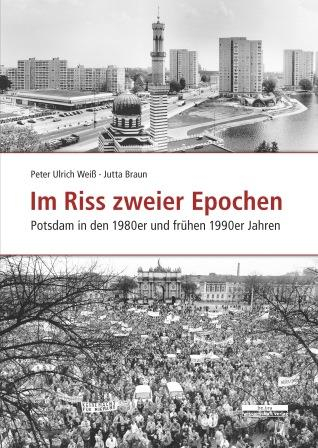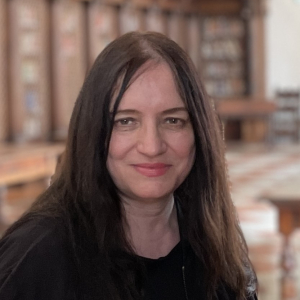Completed associated research project
Potsdam was regarded as one of the ‘red’ district capitals in East Germany. Its function as a regional centre of SED power, border city to West Berlin and important scientific and educational site allowed Potsdam to become a conurbation for elites loyal to the system. Yet in spite of the appearance of stability, Potsdam was not cut off from the nationwide social developments of the 1980s, which were increasingly shaped by two parallel processes: first, by the gradual erosion of SED rule in the areas of economics, politics and ideology and, second, by increasing resistance to the SED regime, which manifested itself in particular in the emergent exit and opposition movement.
The task of this project was the analysis of the adversarial history of the relationship between local ruling elites and opposing oppositional elites up to and including the period of the transformation of Potsdam to federal state capital. It is a question in equal measure of political processes of interaction and mobilisation during the upheavals of 1989/90 and of enquiries regarding milieu stability and substitution or survival of political, economic and cultural elites.
Publication:
Peter Ulrich Weiß/Jutta Braun: Im Riss zweier Epochen. Potsdam in den 1980er und frühen 1990er-Jahren, Berlin 2017.


